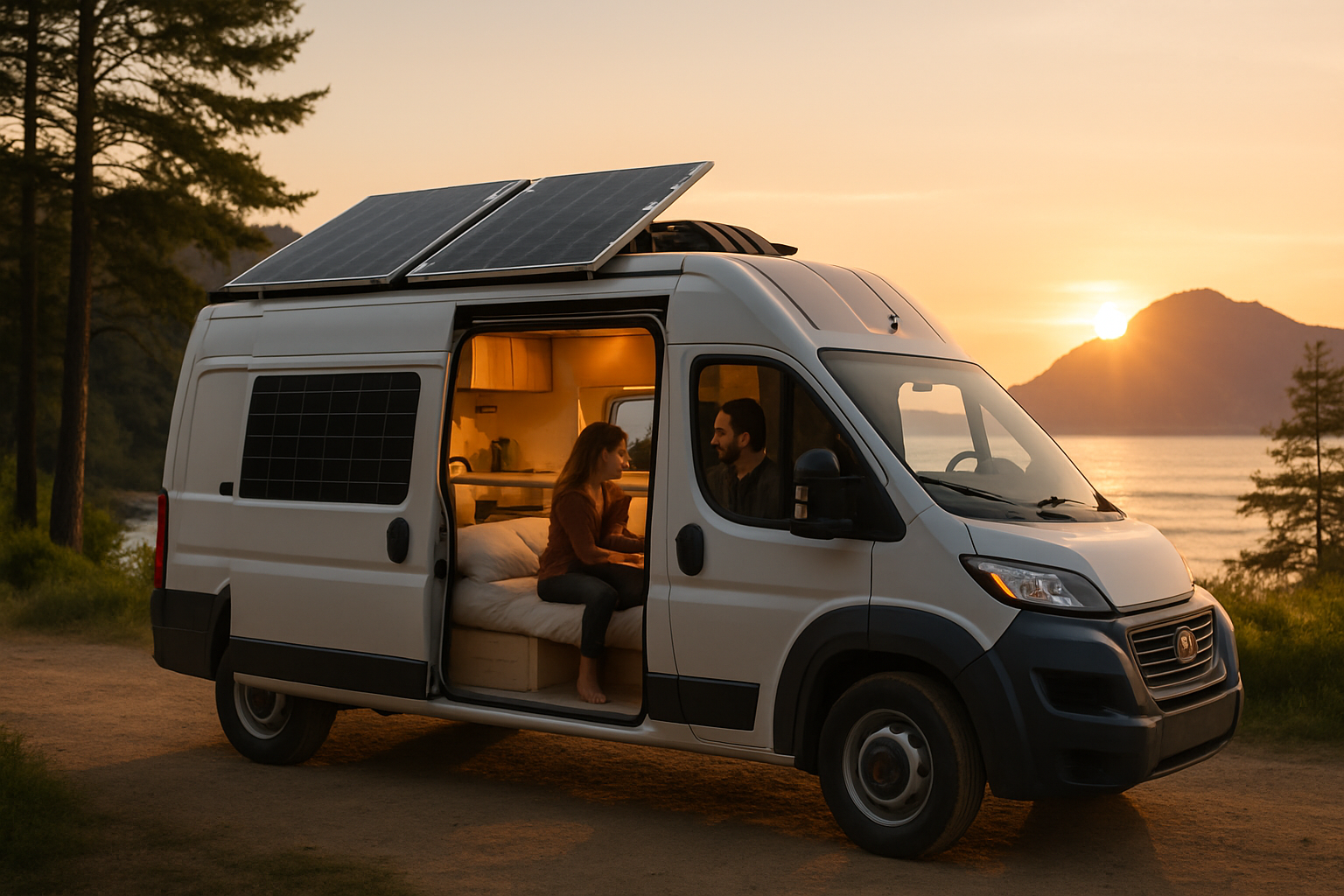Ultimate Guide to RVs, Campers, and Motorhomes: Types & Tips
Discover how to choose the right RV, camper, or motorhome for your adventures. This comprehensive guide covers key amenities, cost ranges, upkeep, storage options, and trip-planning tips to help you pick and maintain a mobile home that fits your lifestyle. Ideal for first-timers and seasoned road-trippers.

Why people choose RV life
The freedom to travel with many of the comforts of home has made recreational vehicles a preferred option for explorers and vacationers alike. Whether you prefer a compact camper or a full-featured motorhome, understanding features, price points, maintenance, and logistics will help you select the best mobile living solution for your needs.
Key features and creature comforts
Modern RVs come with a wide range of conveniences. Basic models typically include a kitchenette, a bathroom, sleeping areas, and living space. Mid- to high-end rigs often add solar power systems, satellite television, integrated smart-home controls, upgraded appliances, and outdoor entertainment set-ups. The amount of comfort and convenience you get depends heavily on the class and model you choose.
Cost ranges and investment expectations
Purchase prices for RVs vary greatly depending on vehicle type, size, and included amenities. Typical price brackets are shown below:
RV Type — Entry-Level — Mid-Range — Luxury Class A Motorhome — $60,000 — $150,000–$250,000 — $300,000+ Class B Motorhome — $40,000 — $80,000–$120,000 — $150,000+ Class C Motorhome — $50,000 — $90,000–$150,000 — $200,000+ Travel Trailer — $15,000 — $30,000–$50,000 — $75,000+ Fifth-Wheel — $25,000 — $45,000–$90,000 — $120,000+
Keep in mind these figures are general estimates based on available data and can shift over time. Always perform independent research and compare listings before making a purchasing decision.
Maintenance and routine care
Regular upkeep is essential to protect your investment and ensure safe, trouble-free travels. Key maintenance tasks include servicing the engine (for motorized rigs), monitoring and replacing tires, maintaining batteries and electrical systems, treating and flushing water systems, and keeping appliances in good working order. Seasonal chores such as winterizing in cold climates and thorough cleanings will extend the life of your unit and help prevent costly repairs.
Storage and parking considerations
How you store your RV affects its longevity and convenience. Indoor or covered storage offers superior protection from weather and UV damage but is typically more expensive. Outdoor storage is more affordable but may require additional covers or treatments to guard against exposure. Be aware that many municipalities have rules about RV parking and storage; check local ordinances before buying to avoid fines or headaches.
Planning successful RV trips
Smart planning is crucial for comfortable, stress-free travel. Map routes that suit your vehicle’s dimensions and weight, and research campgrounds that provide the hookups or amenities you need. Account for fuel economy, camping fees, and seasonality when setting your itinerary. New RV owners often benefit from short trial trips to learn vehicle handling, parking, and systems management before attempting longer excursions.
Final tips
Choosing the right RV is a balance of budget, desired amenities, and how you plan to travel. Prioritize the features that matter most to your lifestyle, stay current on maintenance, and plan routes and storage in advance. With the right preparation, an RV can become a comfortable, flexible way to explore.





